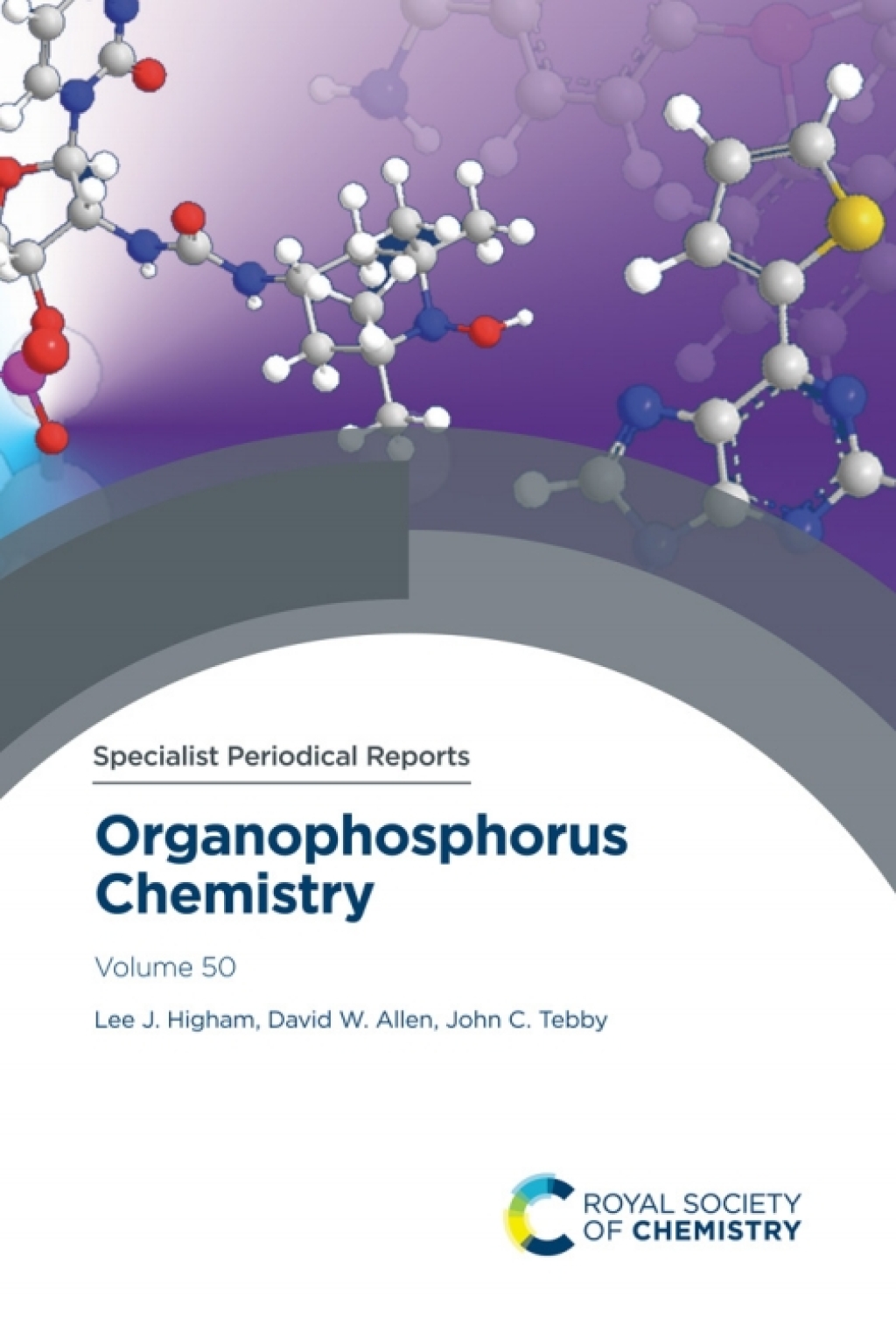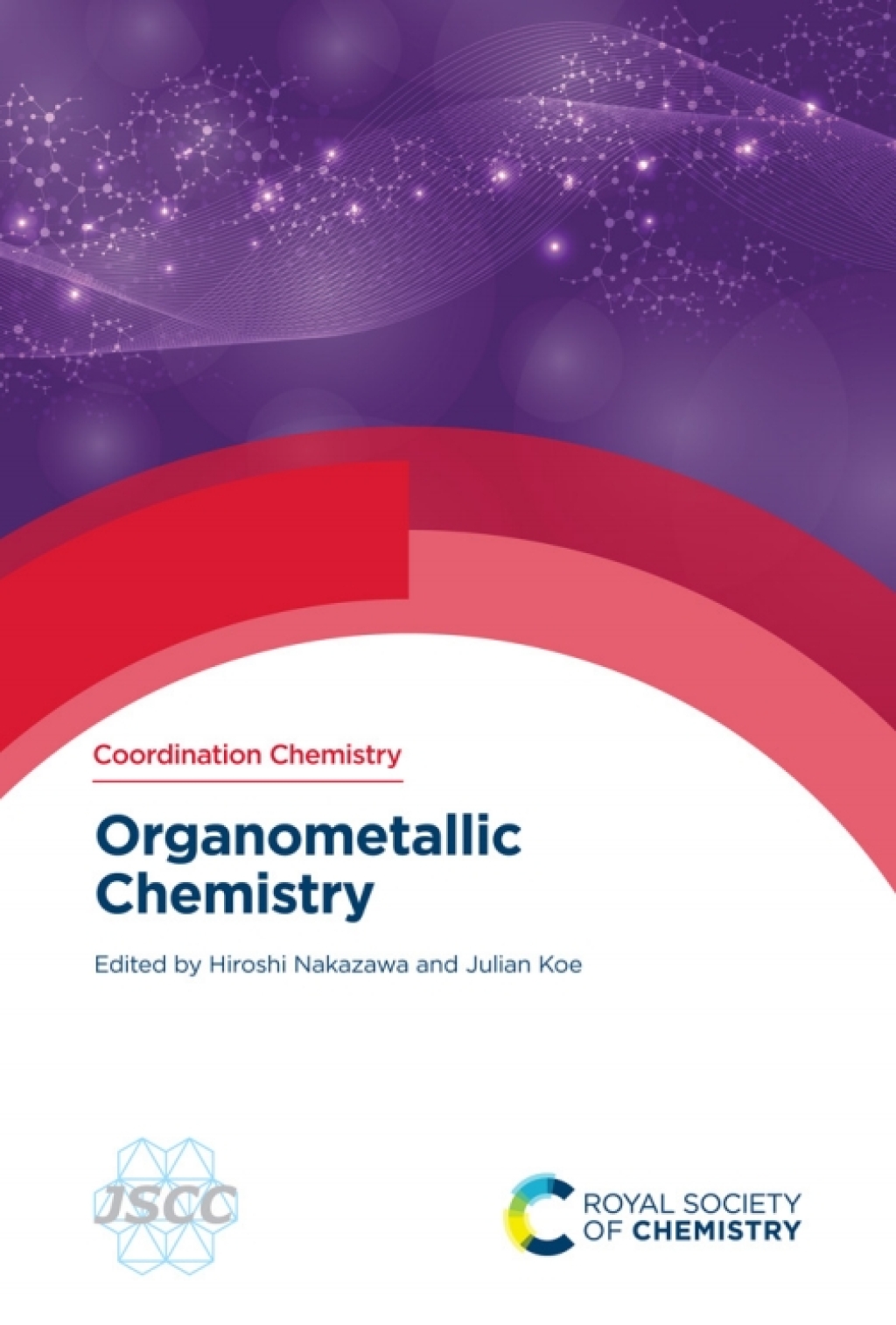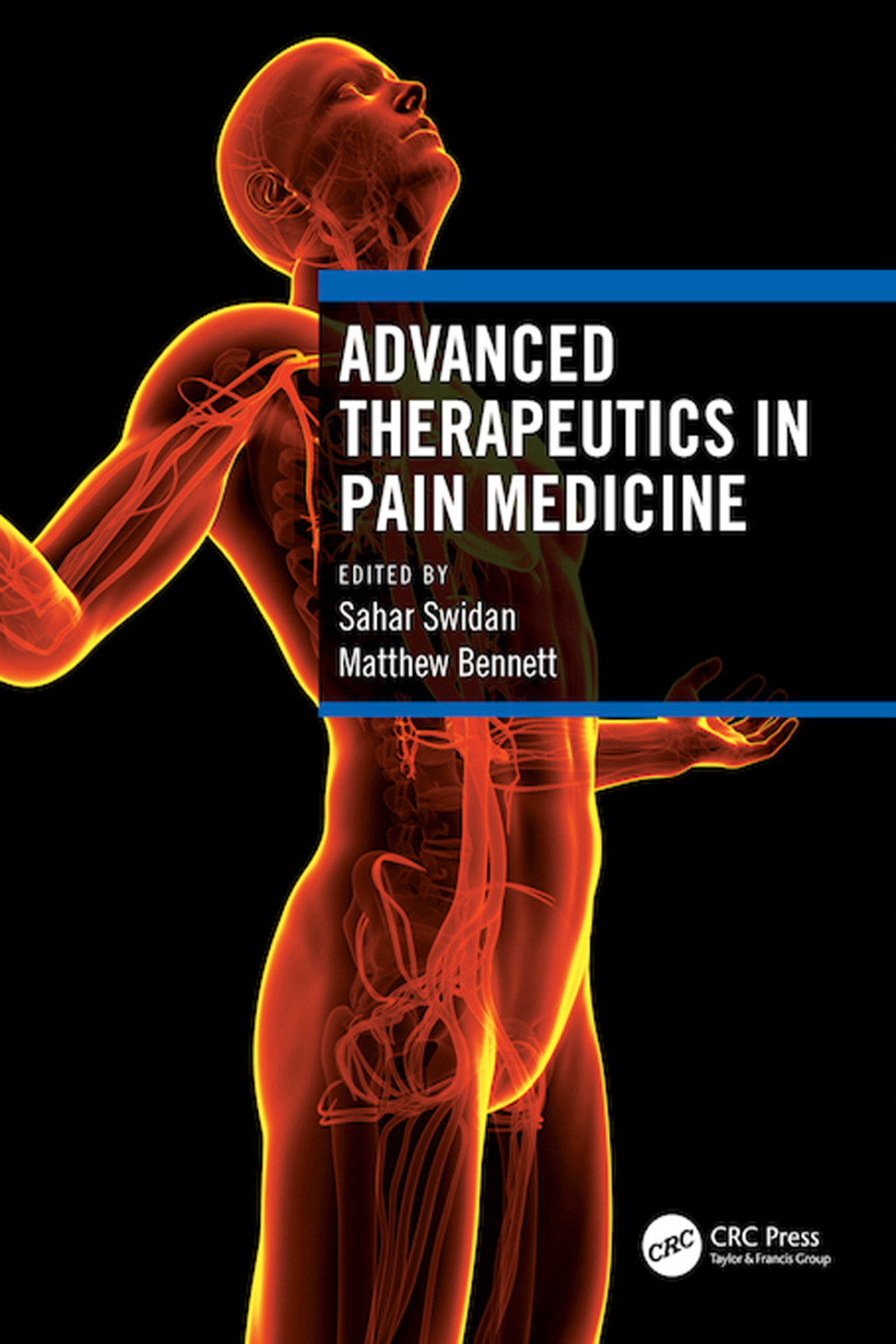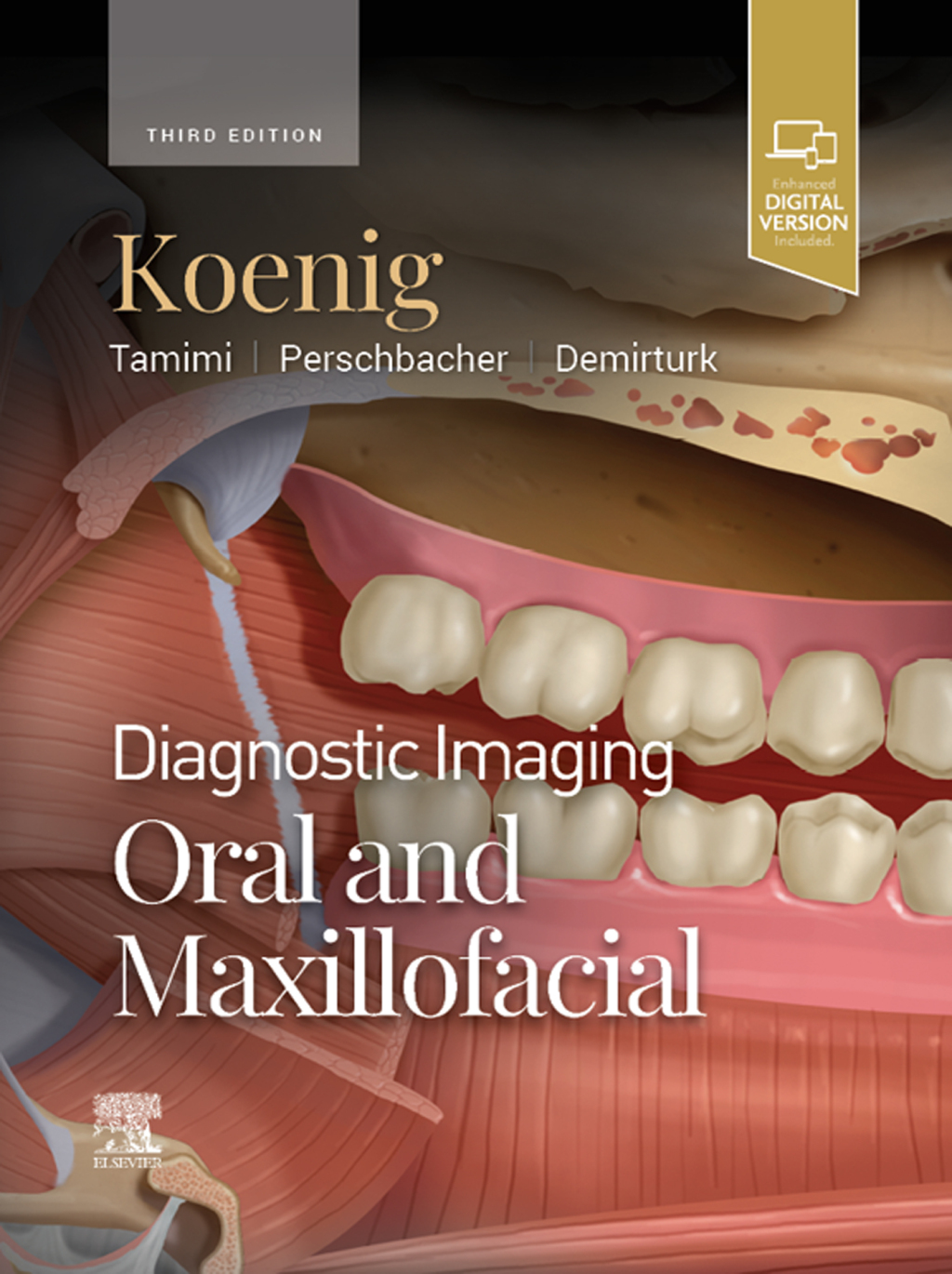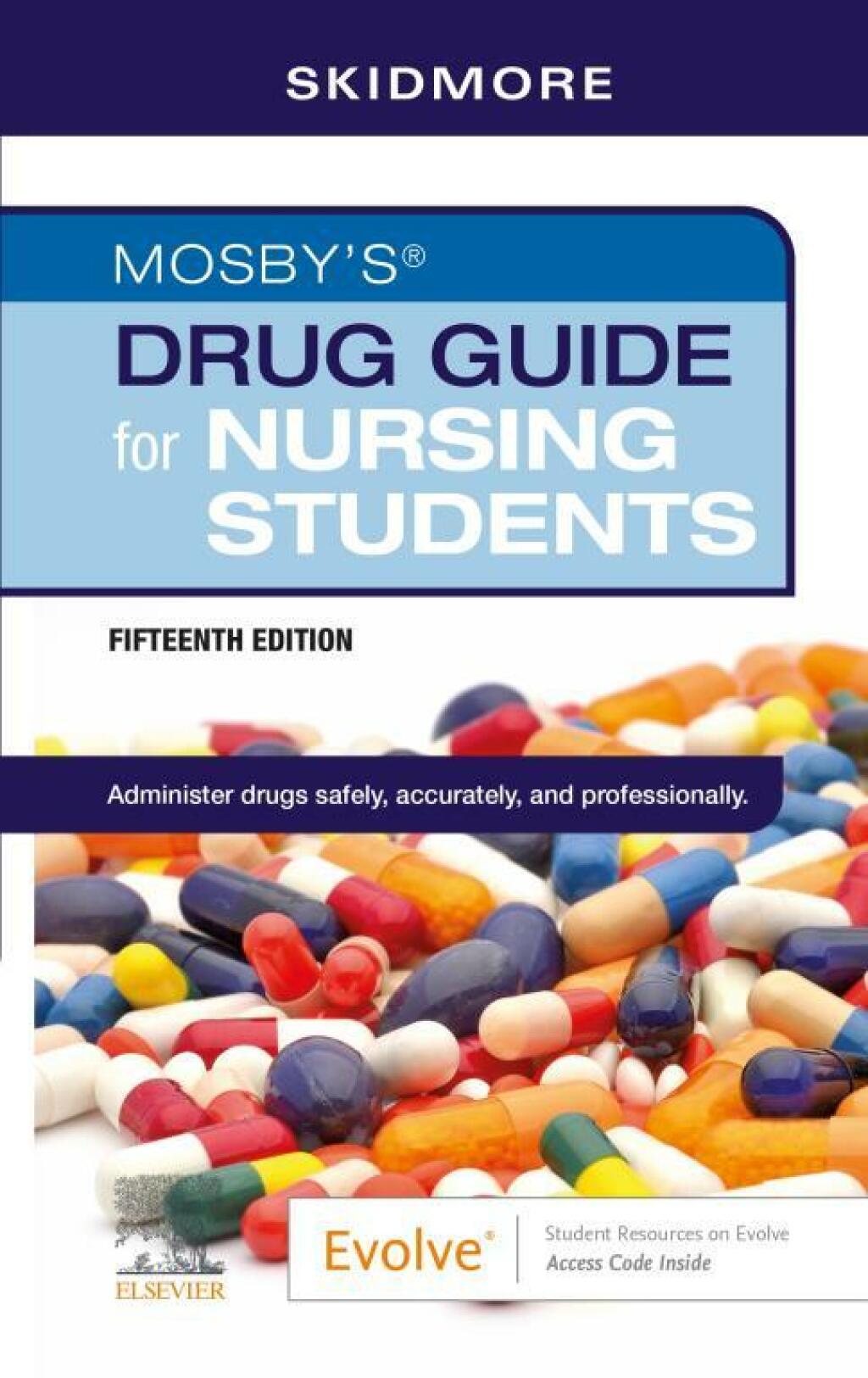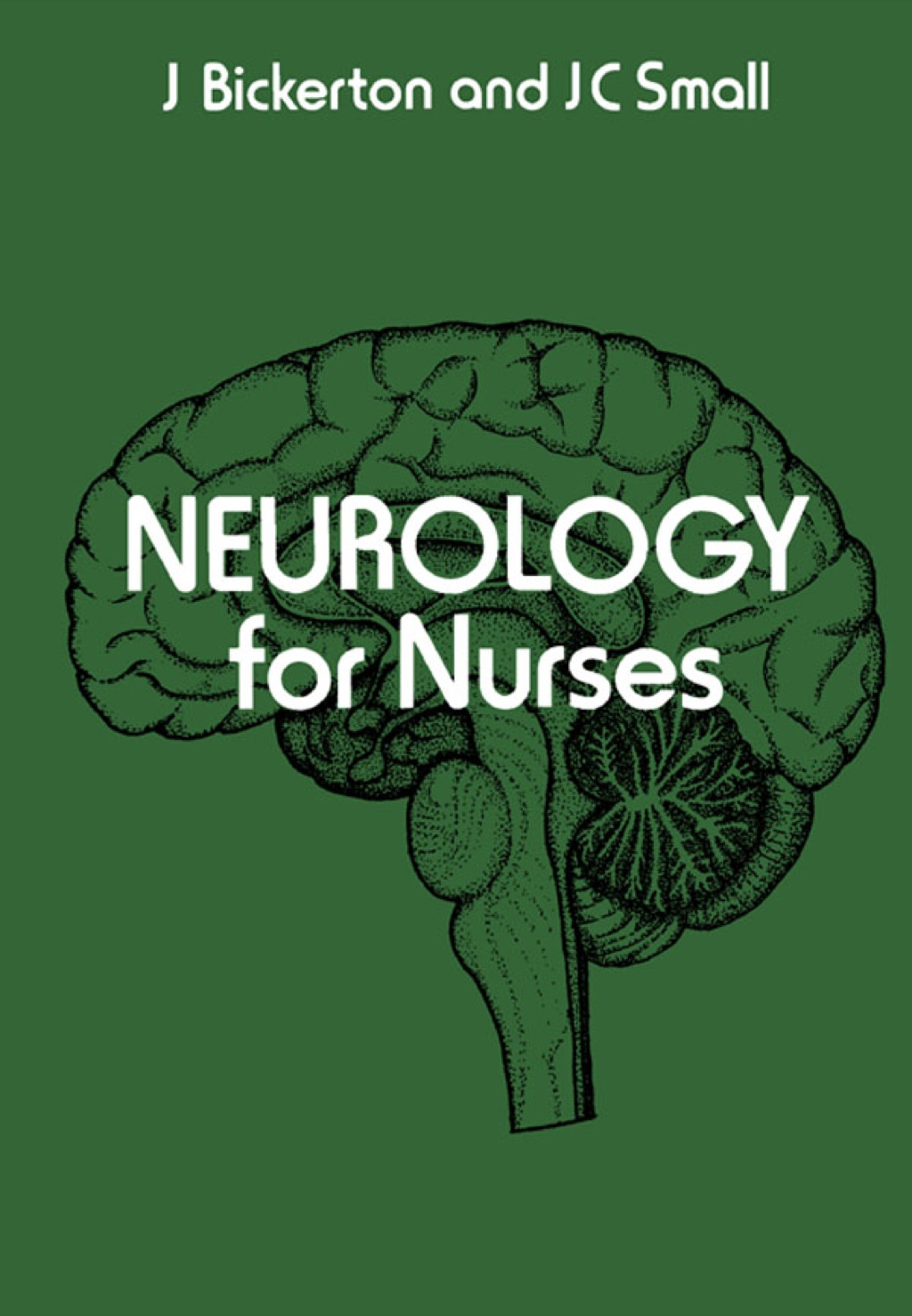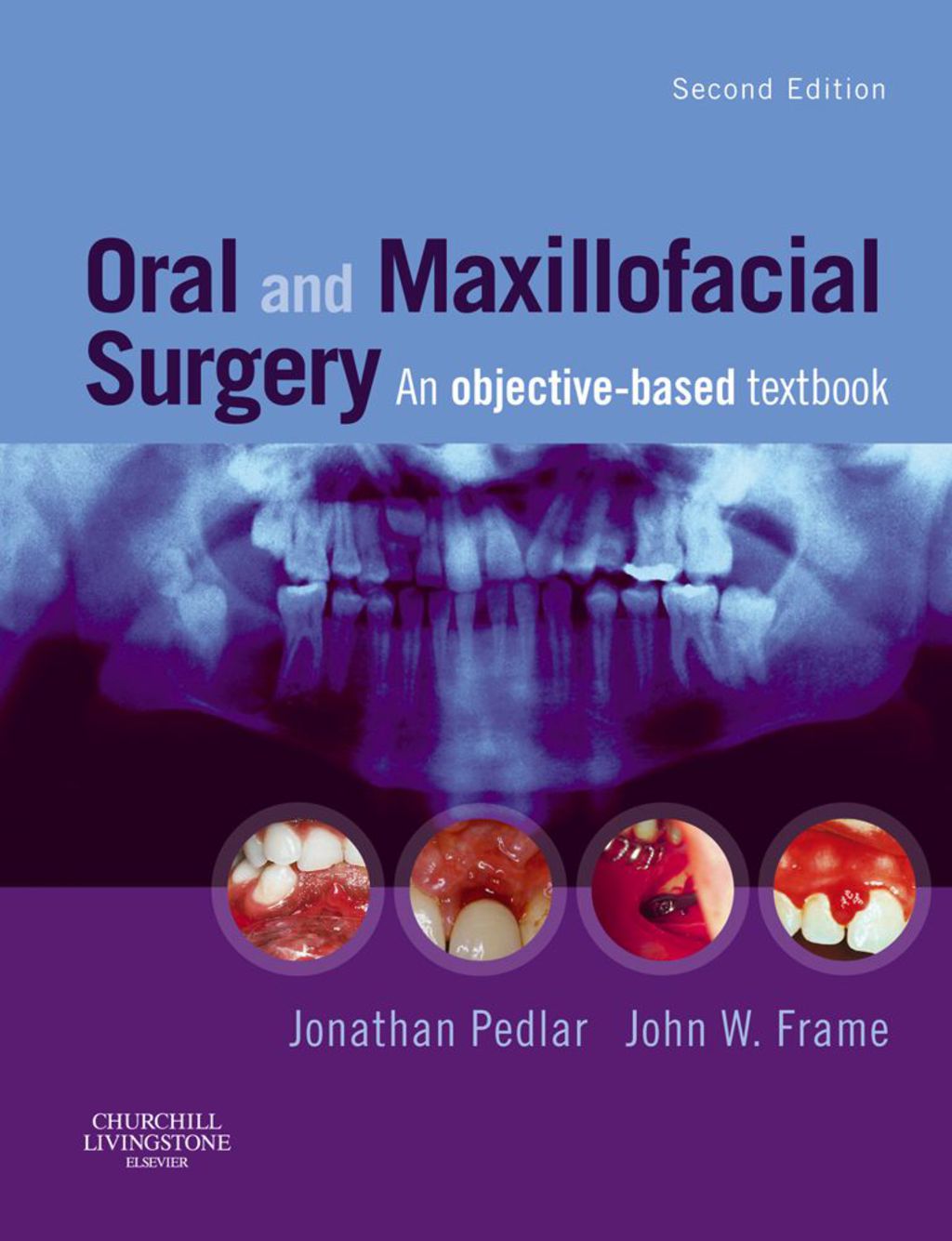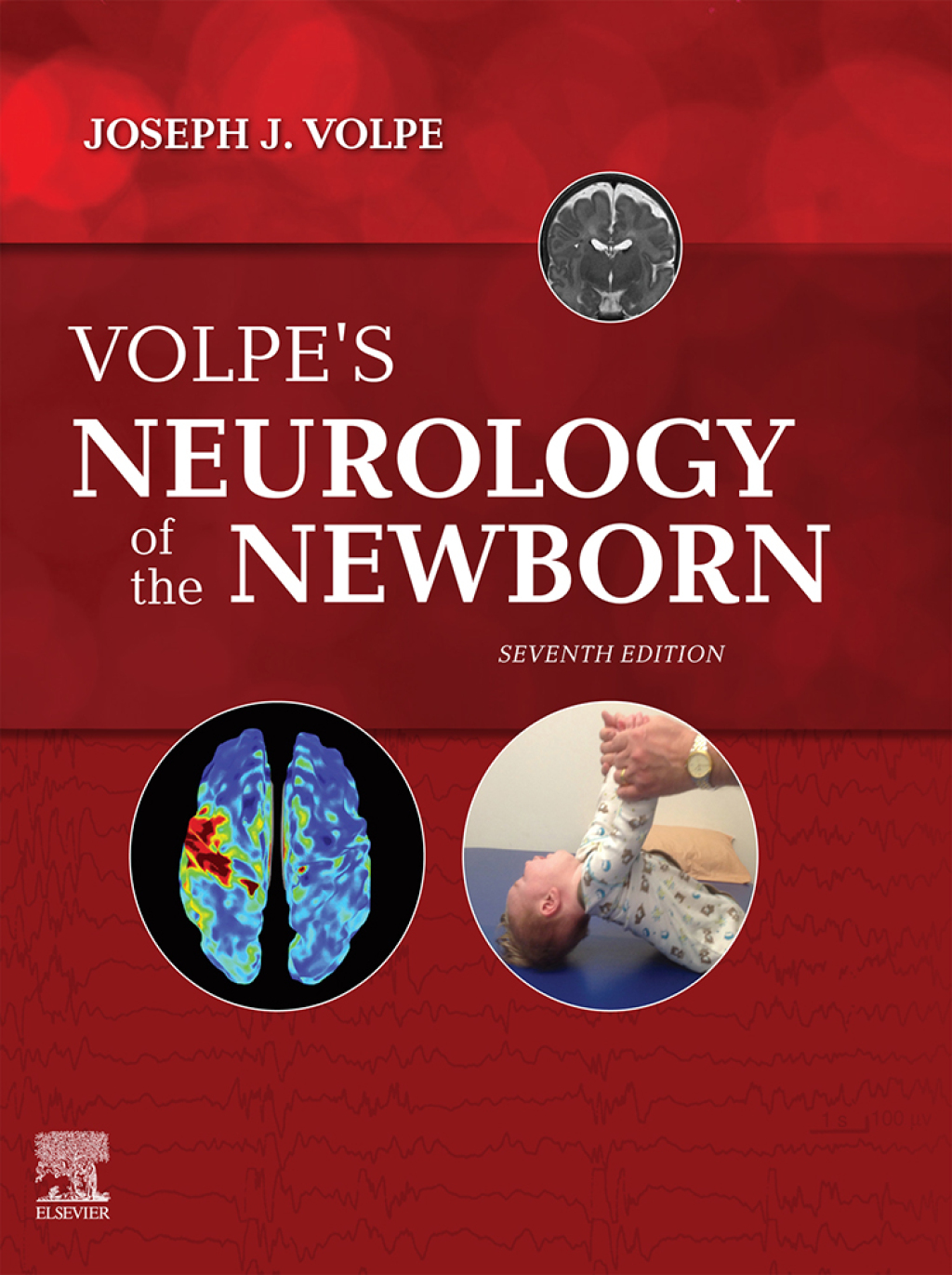Organometallic Chemistry 1st Edition
Author(s): Hiroshi Nakazawa and Julian Koe
Publisher: Royal Society of Chemistry
ISBN: 9781839164064
Edition: 1st Edition
$39,99
Delivery: This can be downloaded Immediately after purchasing.
Version: Only PDF Version.
Compatible Devices: Can be read on any device (Kindle, NOOK, Android/IOS devices, Windows, MAC)
Quality: High Quality. No missing contents. Printable
Recommended Software: Check here
Important: No Access Code
Description
Designed for teaching, this English translation of the tried and tested Organometallic Chemistry 2/e textbook from the Japan Society of Coordination Chemistry can be used as an introductory text for chemistry undergraduates and also provide a bridge to more advanced courses. The book is split into two parts, the first acts as a concise introduction to the field, explaining fundamental organometallic chemistry. The latter covers cutting edge theories and applications, suitable for further study.
Beginning with fundamental reaction patterns concerning bonds between transition metals and carbon atoms, the authors show how these may be combined to achieve a desired reaction and/or construct a catalytic cycle. To understand the basics and make effective use of the knowledge, numerous practice questions and model answers to encourage the reader’s deeper understanding are included.
The advanced section covers the chemistry relating to bonds between transition metals and main group elements, such as Si, N, P, O and S, is described. This chemistry has some similarities to transition metal-carbon chemistry, but also many differences and unique aspects, which the book explains clearly.
Organometallic complexes are now well known and widely used. In addition, transition metal complexes with main group element other than carbon as a ligating atom are becoming more important. It is thus important to have a bird’s-eye view of transition metal complexes, regardless of the ligand type. This book acts as solid introduction for chemistry students and newcomers in various fields who need to deal with transition metal complexes.

